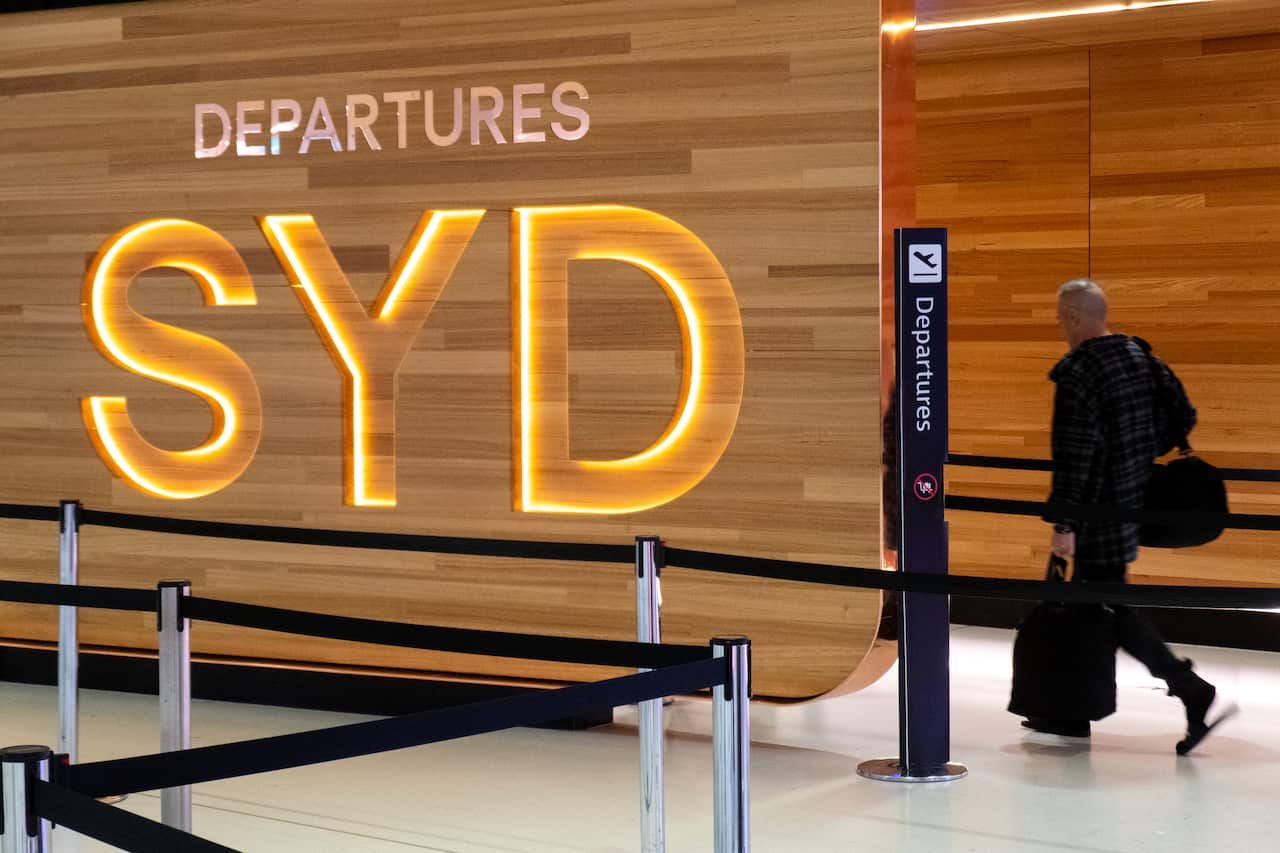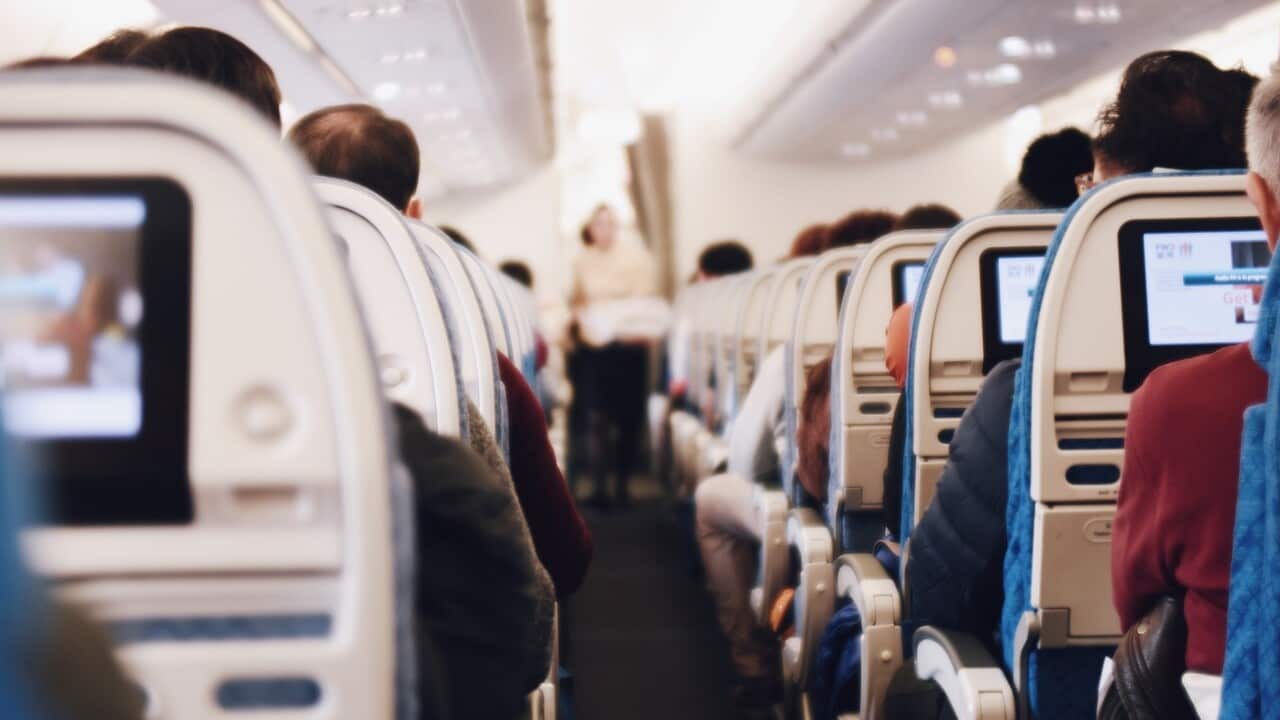Bec Weigel was a flight attendant for over a decade, and while it was a career she loved - it came at a heavy cost.
The First Nations Workers Alliance representative and Mununjali woman experienced racism from customers and colleagues, almost every day.
"Once I had a comment made to me by a new crew member, she had heard me mention I was Aboriginal and from that she then stated some very derogatory comments about my physical appearance," she said.
Ms Weigel said her workplace had no mandatory or compulsory training about racism or cultural awareness training.
"If a worker experienced racism, they have to explain that racism they've dealt with to a non-Indigenous manager and try and explain why it was racism, and why it was offensive to someone who has never experienced that," she said.
She said when she and other Aboriginal staff members raised concerns about racism from coworkers no disciplinary action was taken, only mediation.

ACTU study reveals widespread workplace racism
A safe workplace is a human right, but for Aboriginal and Torres Strait Islander workers, it may be a luxury.
According to the Australian Council of Trade Unions 2025 report Work Shouldn't Hurt, Indigenous workers are twice as likely to be injured and three times more likely than non-Indigenous workers to face violence at work.
The report, published by the ACTU's Centre for Health and Safety, was presented at the peak body's Healthy Work Conference in Adelaide on Friday.
It revealed that in the last 12-months almost half of Aboriginal and Torres Strait Islander workers have acquired a physical or mental injury at work - compared to 27 per cent of non-Indigenous workers.
The Indigenous workforce experiences violence or threats of violence 'regularly' and 'always' in their workplace, which is triple the rate of their non-Indigenous counterparts.
Only 19 per cent of non-Indigenous workers reported experiencing violence, compared to 36 per cent of Indigenous workers.
ACTU First Nations Educator and Officer Rachel Bos said experiences like Ms Weigel's are very common.
"When we talk about statistics, we forget about the humanity behind the numbers . . . discrimination and harassment are widespread," said the Kaurna woman.
She said the experiences of racism are diverse and widespread and even though the reality is dire, Australian workplaces haven't faced the music.
"Racism is incredibly complex, there are systemic reasons for these results but when we unpack what racism actually is we're talking about anything from a small microaggression right through to the systems and policies we have in place, right through to the reporting," she said.
We haven't had a conversation about racism at work in this country and it is well overdue.
For Ms Weigel believes that strengthening protections is crucial.
"They like to say they're dealing with it but they can definitely do better," she said.
"By strengthening our legislation and regulations that will actually empower the unions to be able to support workers and hold employers accountable because they have obligation by the act, or by the regulations to actually enforce positive change and safer work practices."

